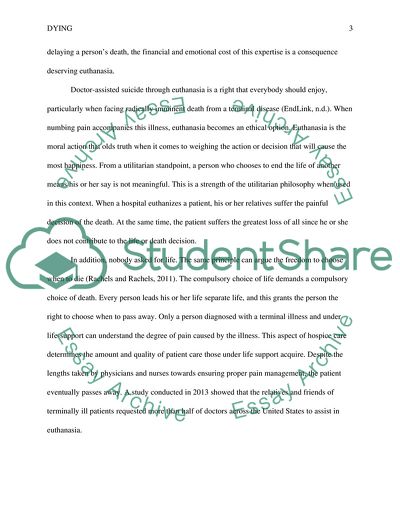Cite this document
(Dying Essay Example | Topics and Well Written Essays - 1250 words, n.d.)
Dying Essay Example | Topics and Well Written Essays - 1250 words. https://studentshare.org/philosophy/1834281-dying
Dying Essay Example | Topics and Well Written Essays - 1250 words. https://studentshare.org/philosophy/1834281-dying
(Dying Essay Example | Topics and Well Written Essays - 1250 Words)
Dying Essay Example | Topics and Well Written Essays - 1250 Words. https://studentshare.org/philosophy/1834281-dying.
Dying Essay Example | Topics and Well Written Essays - 1250 Words. https://studentshare.org/philosophy/1834281-dying.
“Dying Essay Example | Topics and Well Written Essays - 1250 Words”. https://studentshare.org/philosophy/1834281-dying.


